Alliance to run first-ever Outdoor Connect Roadshow in September
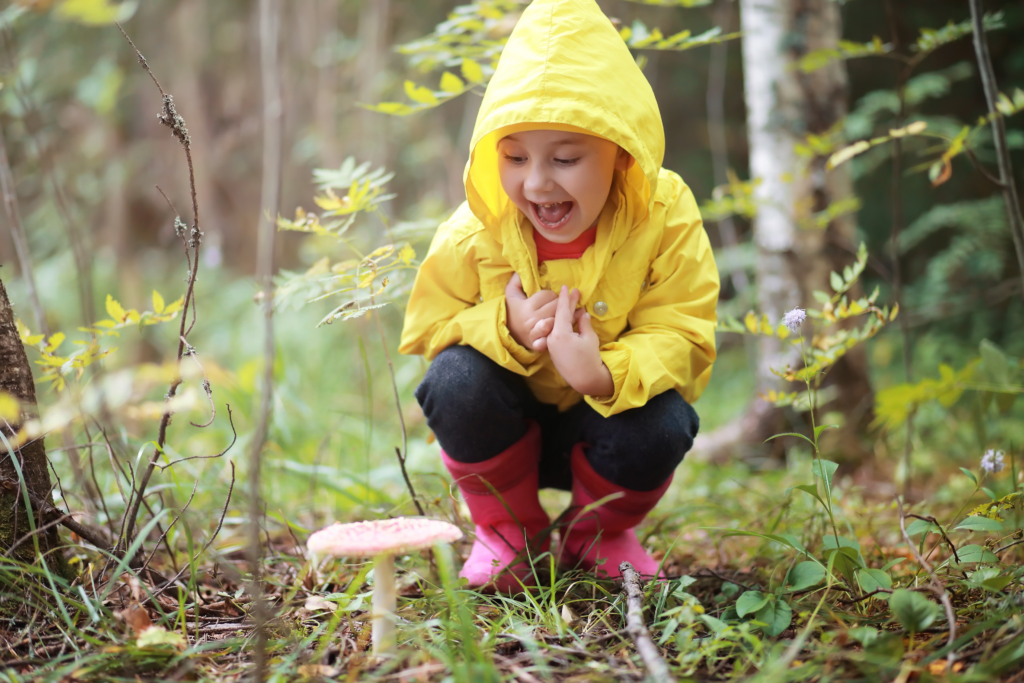
The event will take place at the Shropshire Hills Discovery Centre.
Baby and toddler groups warn of mass closure risk, new Alliance survey finds
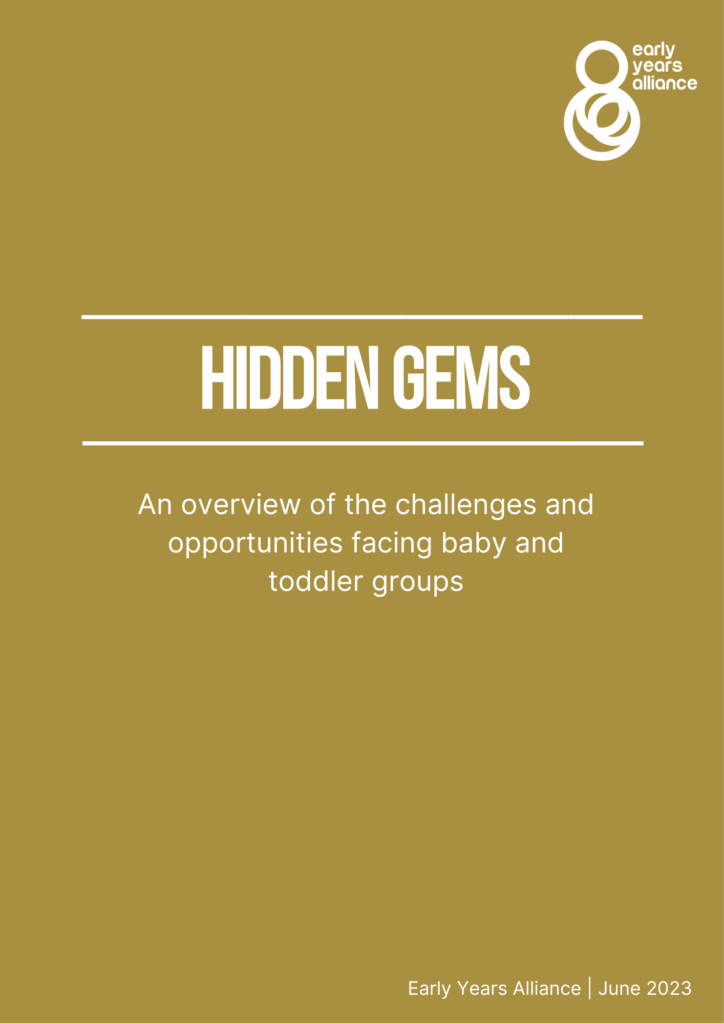
One in five are concerned that their group could permanently close within the next year.
Case study – Under 5s Out and About, Kings Lynne
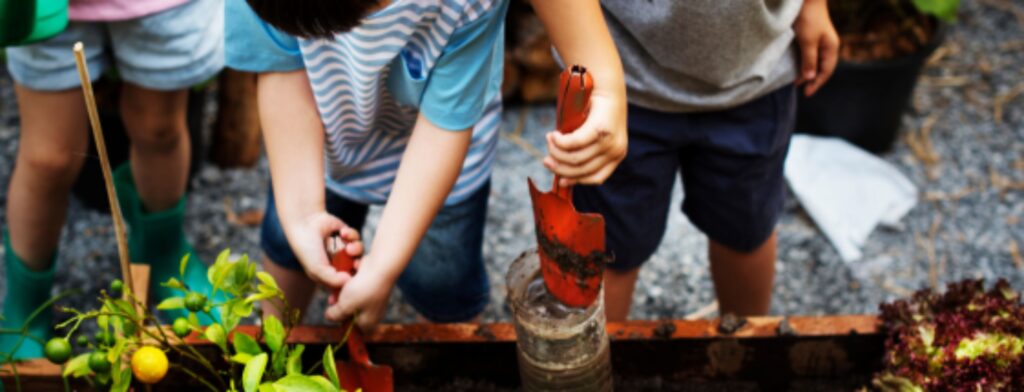
With no budget and very limited resources, Amy Ranger, a parent volunteer, built a popular outdoor under-fives group for her local community. Here’s the story of how she got started…
The importance of play
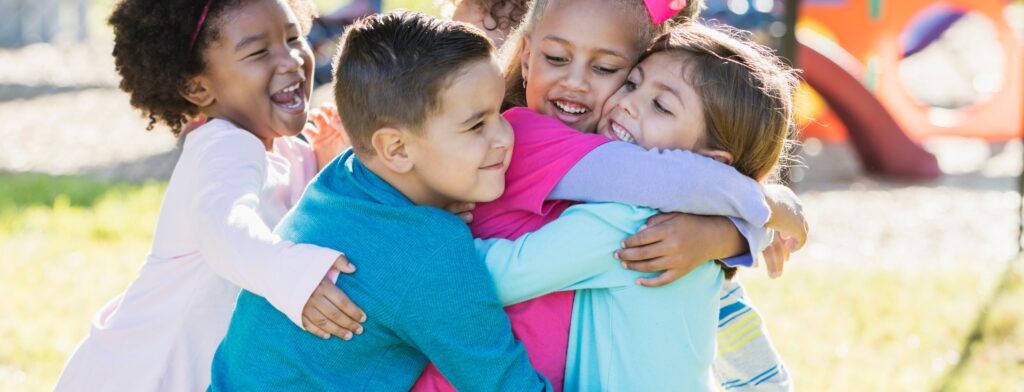
How the BBC’s Tiny Happy People can help you and your team support parents and encourage playtime at home
The power of play: Play for all children

Eve Whistler is a nursery teacher who works in a primary school in England. In this article she reflects on her experiences of supporting young children’s play. She challenges us to consider how views on the play of neurodivergent children are too often focused on what the child can’t do – rather than what […]
Connecting with families
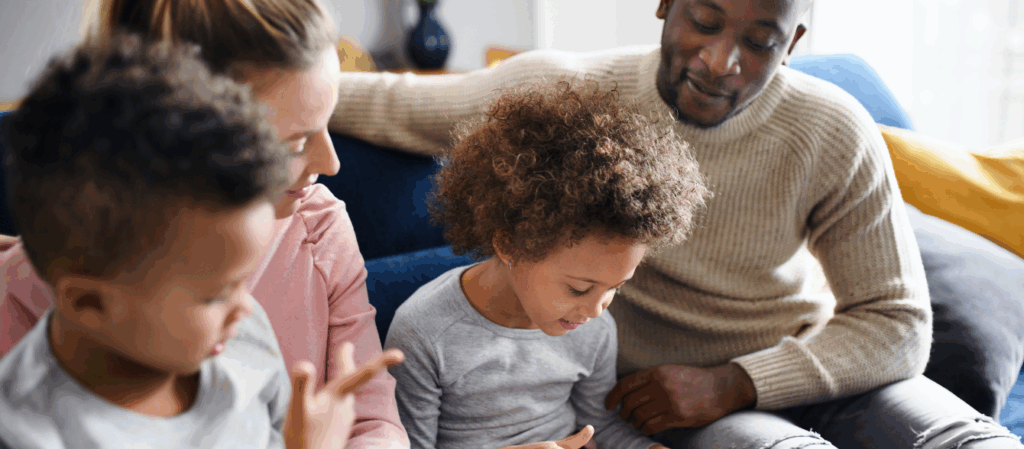
Loving relationships are essential to supporting children’s learning and development, but these relationships are of equal importance to families too. To be able to best provide children with supporting environments, adults need to feel loved and cared for themselves. It is important that parents and carers feel listened to and responded to; they need […]
Connecting to our minds

Mental health ‘…the emotional and spiritual resilience which allows us to enjoy life and survive pain, disappointment and sadness. It is a positive sense of well-being and an underlying belief in our own, and others’, dignity and worth’ (Health Education Authority. Mental Health Promotion: A quality framework. London: Health Education Authority 1997) Take a […]
Connecting with words
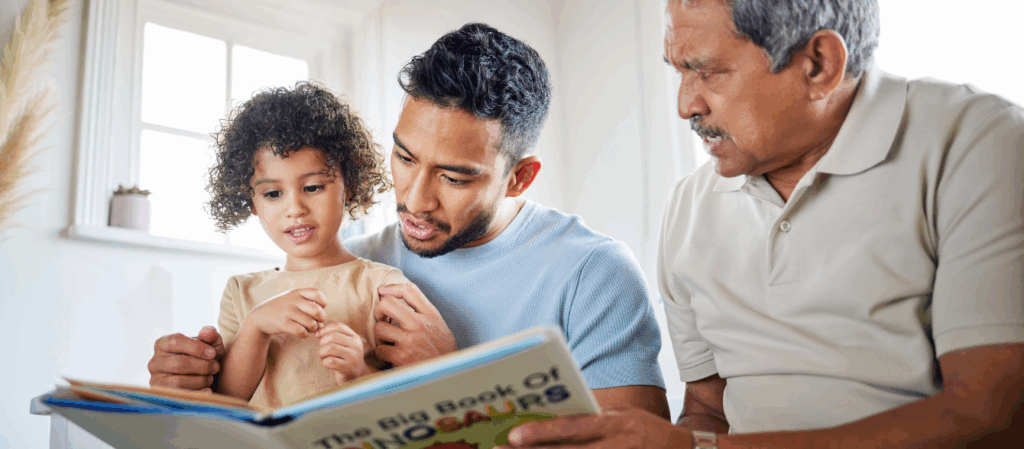
As we know, language is important when it comes to connecting with the world around us, interacting with other people or being able to share our inner thoughts and feelings.
Play as a force for inclusion

I was sitting in a hot, stuffy classroom one mid-afternoon in rural Kenya. As I sat there, the meeting drawing to a close and the stifling air clinging to my skin, I was struck by something a teacher said.
Removing the barriers to outdoor play

Outdoor play provides fantastic opportunities for exciting open-ended learning and role play, but we understand that it’s not always easy and there are things you need to prepare for.
Connecting through music
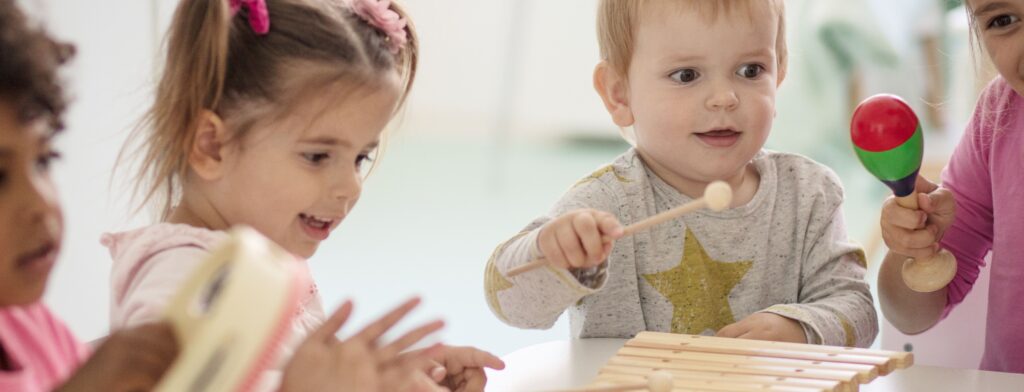
Music has the power to provoke a range of emotions and can help to release the hormone dopamine, which creates feelings of pleasure and motivation. Let’s explore the ways that music can be used to support children’s learning and development.
Alliance CEO accuses government of turning children into “numbers on a Treasury spreadsheet” in annual conference speech
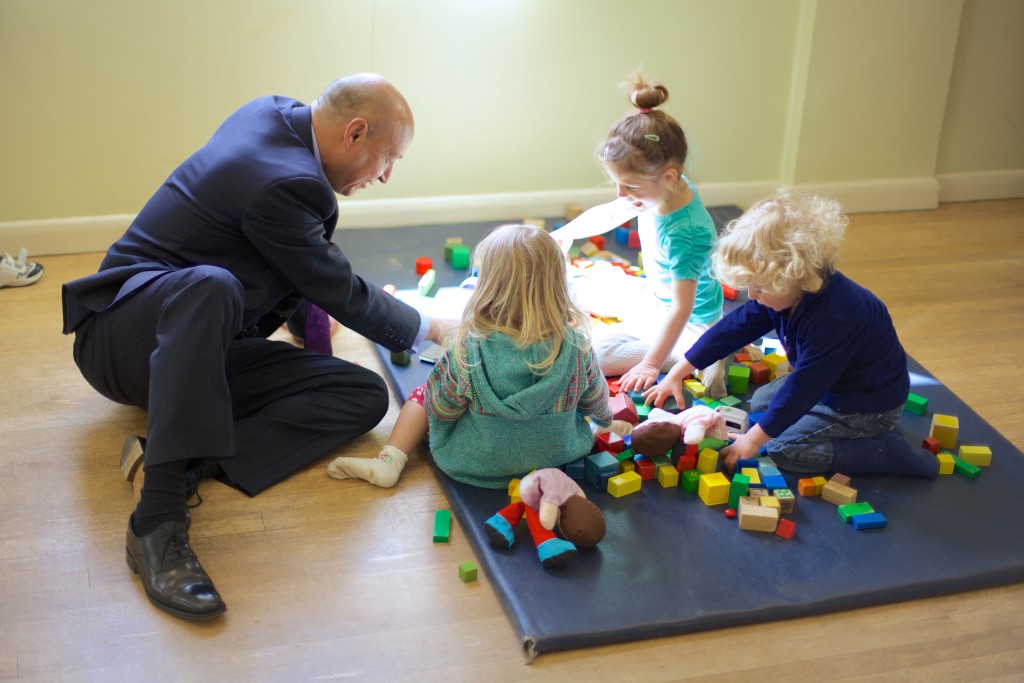
The event focused on the role of the early years in supporting whole families
